Photography Composition Techniques: A Beginner's Guide
May 25, 2023
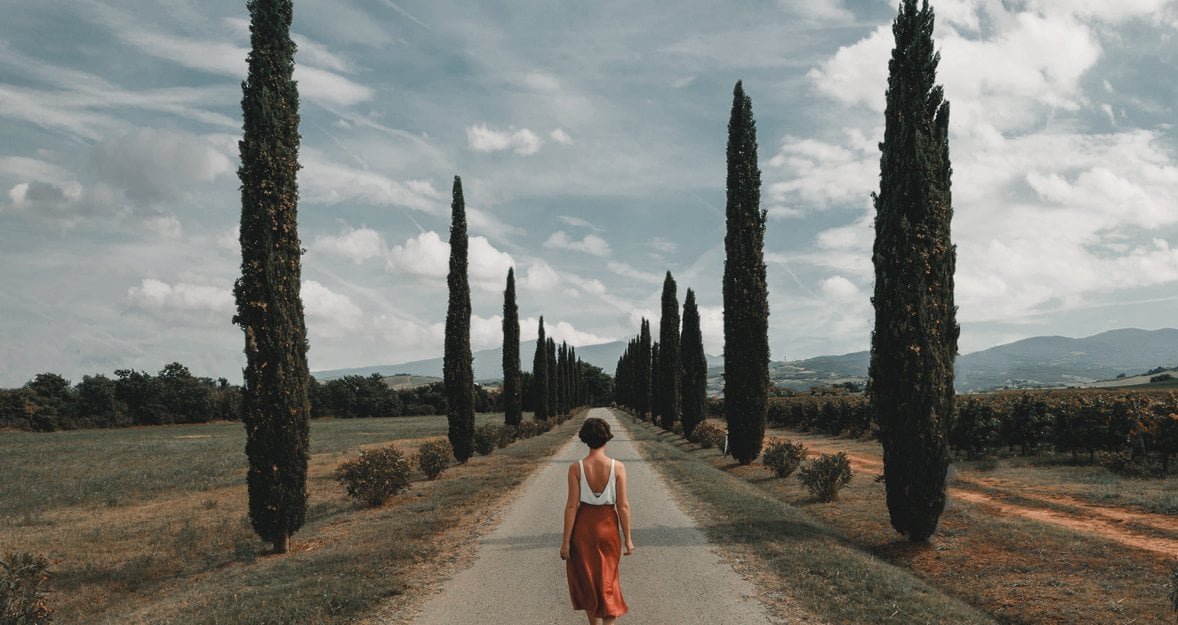
You may have looked at the work of famous photographers and wondered what made a specific shot so successful. In fact, it's elementary, and today you'll see why. When you learn photography composition, you can create great photos that will capture the attention of hundreds of thousands of viewers.
The beauty of all photographs lies in the harmonious interplay of elements, colors, tones, and textures. It is this delicate balance that separates a simple shot from an exceptional picture. So, capturing an outstanding image requires careful consideration and pre-visualization to strategically position each element before pressing the shutter.
In reality, the intrinsic value of photography extends far beyond the capabilities of the camera and special settings. Composition serves as a prime example, as understanding it enables you to create compelling images regardless of the device used, whether it is a DSLR or smartphone. Sounds pretty interesting, doesn't it? Learning composition in photography equips photographers with the ability to create visually impactful pictures and that's really great.
So, transforming your ordinary shot into a stunning work of art requires careful consideration. Not sure how to compose your photos? In this material, we explore several compositional techniques and rules that can take your work as a photographer to new heights. You can also read more about the photo composition on our blog, so don't hesitate and follow the link.
Photography for Beginners: Composition
Photo composition is a photographer’s deliberate arrangement and placement of various elements to create a visually appealing and meaningful picture. In essence, composition is the art of organizing and harmonizing the elements within the frame to convey a specific message or evoke a desired emotional response.
 You may not have guessed it, but there is software that can help you learn the basics faster. For example, Luminar Neo lets you crop your photos and experiment with different aspect ratios. By exploring different cropping options, you can understand how changing the composition affects the overall visual impact of the picture.
You may not have guessed it, but there is software that can help you learn the basics faster. For example, Luminar Neo lets you crop your photos and experiment with different aspect ratios. By exploring different cropping options, you can understand how changing the composition affects the overall visual impact of the picture.
Also read: Best Photo Collage Apps
So, you need to know some basics every time you take a photo. It's important to understand which object will be the main one to draw the eye of the viewer, and which will complement and balance the picture. In addition, there are several other important aspects that beginner photographers need to know. Be sure to check out our blog to learn more about the focal point in photography.
The Importance of Composition for Photographers
The arrangement of elements in a work of art plays a crucial role in shaping the viewer's experience. So let's look at a few basic points that will help you understand the importance of building an interesting composition:
- Effective composition can make an image visually appealing, engaging, and memorable.
- It helps draw the viewer's attention to the central object or focal point, creating a strong visual impression.
- It is a powerful tool for storytelling in photography, allowing the photographer to convey a narrative or evoke specific emotions in the viewer.
- A well-balanced composition creates a sense of order and cohesiveness that enhances the overall impact of the image.
- Through composition, photographers can emphasize the main subject or point of interest in the image.
- It allows photographers to add their personal style and interpretation to photos, making them more distinctive and appealing.
As you can see, even a simple composition can turn an ordinary photo into a true masterpiece. It has the power to evoke various moods and emotions, ranging from striking and dynamic, to calm and soothing, to disorienting and off-kilter. Incredible, right? And cropping in photography is also important because it helps change the composition for the better. Follow this link to learn more on our blog.
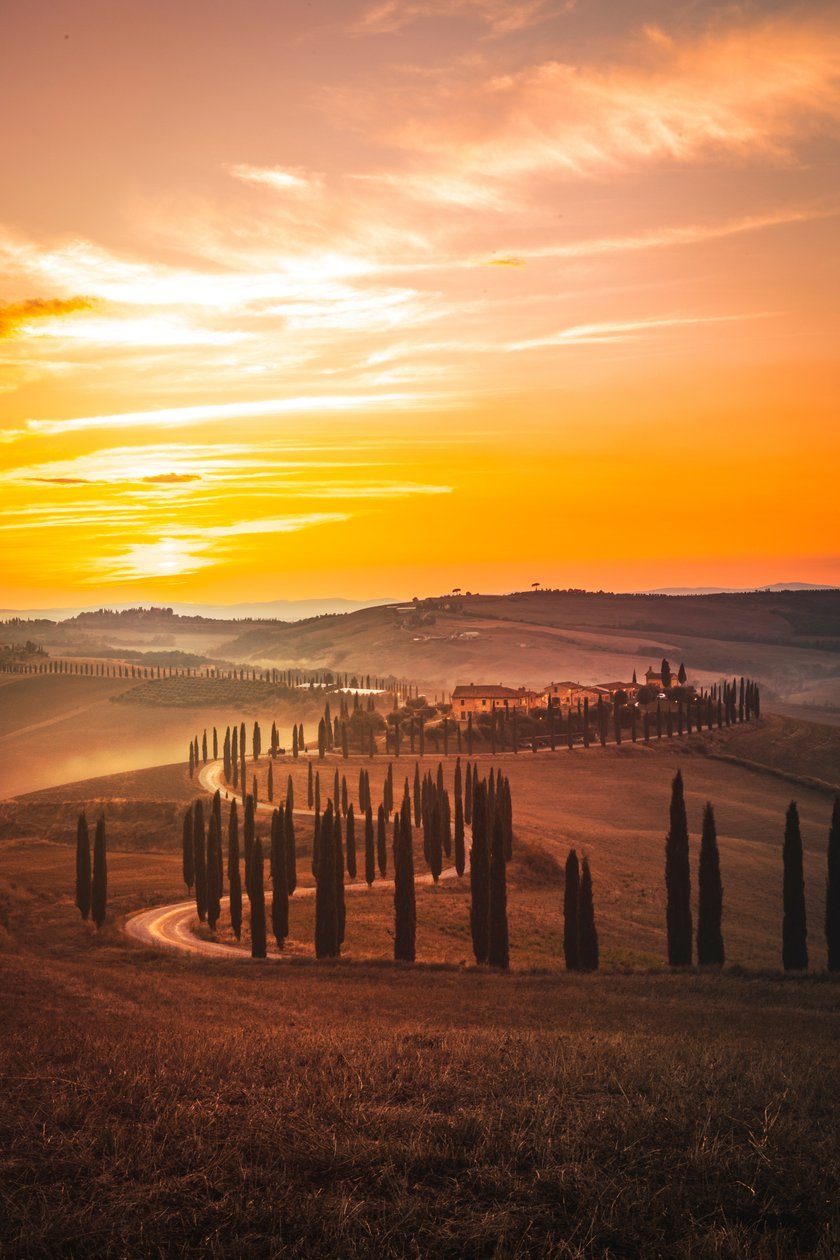 You can also use the photo editor to learn composition. For example, Luminar Neo provides tools for adjusting various aspects of your photo, including brightness, contrast, saturation, and more. These settings can have a significant impact on the composition by influencing the visual balance and overall mood of the image.
You can also use the photo editor to learn composition. For example, Luminar Neo provides tools for adjusting various aspects of your photo, including brightness, contrast, saturation, and more. These settings can have a significant impact on the composition by influencing the visual balance and overall mood of the image.
Also read: The Complete Guide to Choosing Light Boxes
Fundamental Elements of Photo Composition for Beginners
The principles of composition in photography aim to highlight certain areas of your image. So here are some important elements that can be used individually or in combination to achieve various artistic effects:
- Symmetry is a very powerful tool. It can be achieved when the elements in a photograph are balanced and mirror each other on either side of an axis.
- There is another effective way. Patterns involve the repetition of shapes, colors, or textures to create a visually pleasing and rhythmic composition.
- The use of natural or man-made elements as a frame around the object can add a sense of depth and context to any photo.
- Negative space refers to the empty or unoccupied areas in a photograph. It helps emphasize the main subject by giving it room to breathe and stand out.
- Light and shadow play a crucial role in photographic composition. It affects mood, highlights shapes and textures, and creates visual interest.
- You can create a sense of deepness in a photo to add visual interest and make the image more immersive.
- Complementary or contrasting colors can also create a vibrant scene, while high contrast can add drama and impact.
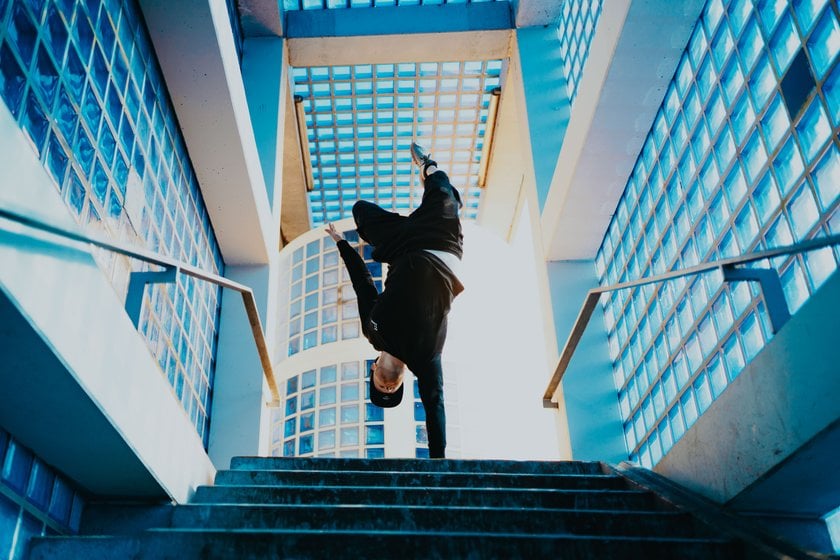 You can use these tools in any genre, whether you're into landscape photography or portraits. However, it is crucial to be able to combine several elements in the right way so that the composition is as harmonious as possible. In addition, you can always use software to improve the result and get a perfect final image. If you need to edit a picture quickly, try Skylum's online image editor — Luminar Neo.
You can use these tools in any genre, whether you're into landscape photography or portraits. However, it is crucial to be able to combine several elements in the right way so that the composition is as harmonious as possible. In addition, you can always use software to improve the result and get a perfect final image. If you need to edit a picture quickly, try Skylum's online image editor — Luminar Neo.
Photography Composition for Beginners: Key Rules
Now we come to the most interesting part. Let's look at the basic rules that beginner photographers need to learn.
The Photo Perspective Correction Tool You've Been Waiting For
UNLEASH!By the way, AI enhances images by automatically adjusting various elements such as brightness and color, while also making composition suggestions to improve the overall visual appeal. For example, using Luminar Neo, you can control up to a dozen adjustments with a single AI-powered tool. This is just perfect for beginning photographers, so be sure to give it a try!
Rule of Thirds
 This is a basic principle of composition. Imagine dividing your image into a 3x3 grid by drawing two horizontal and two vertical lines. The points where these lines intersect are called power points. Place your main subject along these lines or at the grid intersections to create a more balanced and visually pleasing picture.
This is a basic principle of composition. Imagine dividing your image into a 3x3 grid by drawing two horizontal and two vertical lines. The points where these lines intersect are called power points. Place your main subject along these lines or at the grid intersections to create a more balanced and visually pleasing picture.
Golden Ratio
 This is one of the most fundamental ways to create a great composition. In photography, this rule is represented by the Fibonacci spiral. Of course, this concept was borrowed from mathematics. This spiral can be superimposed on the image to determine the placement of key elements or to create a flow that guides the viewer's eye through the photo.
This is one of the most fundamental ways to create a great composition. In photography, this rule is represented by the Fibonacci spiral. Of course, this concept was borrowed from mathematics. This spiral can be superimposed on the image to determine the placement of key elements or to create a flow that guides the viewer's eye through the photo.
Framing
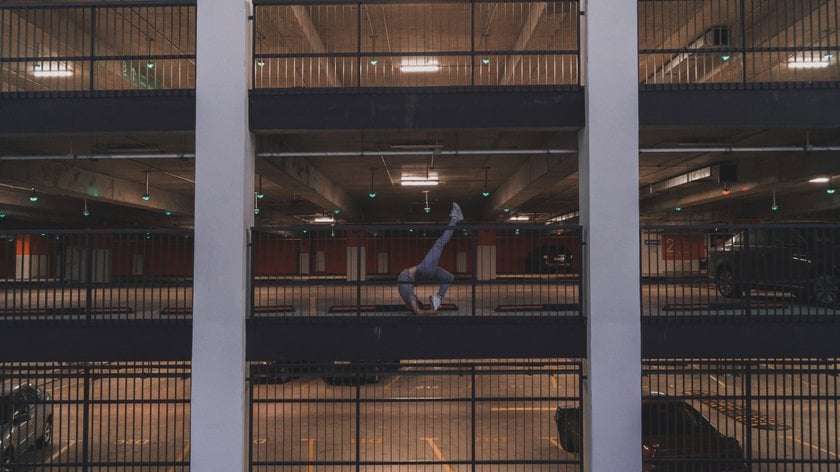 Such a rule involves using elements in the foreground to frame your main subject. It could be an archway, a window, tree branches, or any other object that creates a natural frame. So, framing minimizes the chance that additional elements will distract from the main scene.
Such a rule involves using elements in the foreground to frame your main subject. It could be an archway, a window, tree branches, or any other object that creates a natural frame. So, framing minimizes the chance that additional elements will distract from the main scene.
Leading Lines
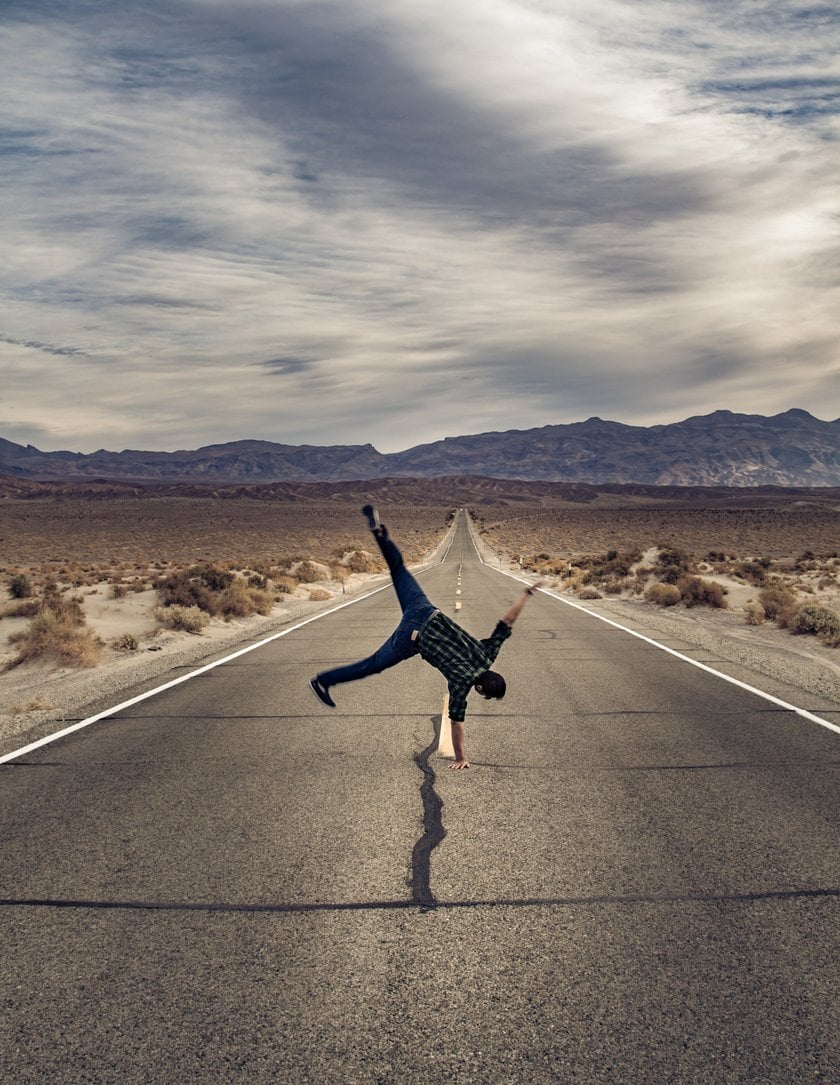 These are lines within the frame that guide the viewer's eye to the primary object. They can be straight or curved and found naturally in the environment, such as roads, fences, or rivers. By including such lines, you can add deepness and subconsciously draw attention to your subject.
These are lines within the frame that guide the viewer's eye to the primary object. They can be straight or curved and found naturally in the environment, such as roads, fences, or rivers. By including such lines, you can add deepness and subconsciously draw attention to your subject.
Depth of Field
 Playing with this setting can have a significant effect on your composition. By using a shallow depth of field, you can isolate your subject from the background, making it stand out. Alternatively, a deep DOF can ensure that everything is in focus, which can be useful in landscape photos.
Playing with this setting can have a significant effect on your composition. By using a shallow depth of field, you can isolate your subject from the background, making it stand out. Alternatively, a deep DOF can ensure that everything is in focus, which can be useful in landscape photos.
Rule of Odds
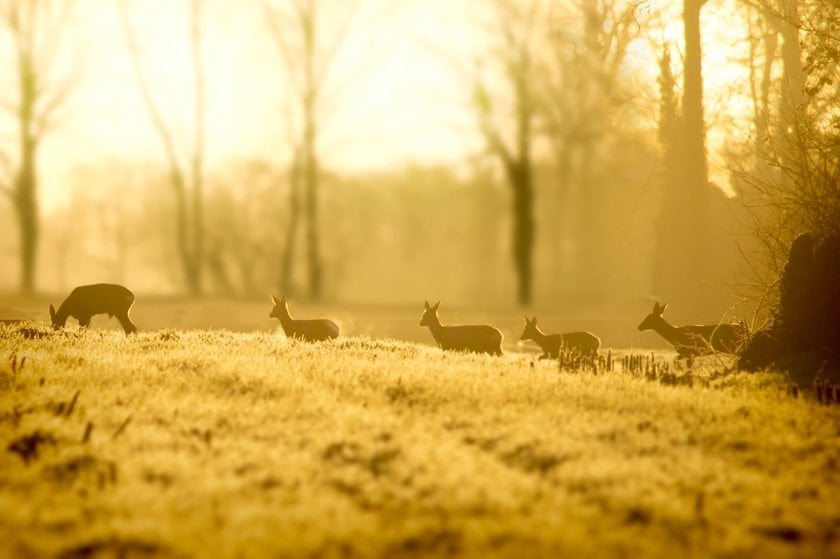 It suggests that an odd number of subjects in an image is often more visually appealing than an even number. This creates a natural asymmetry that tends to be more engaging to the viewer.
It suggests that an odd number of subjects in an image is often more visually appealing than an even number. This creates a natural asymmetry that tends to be more engaging to the viewer.
Left to Right
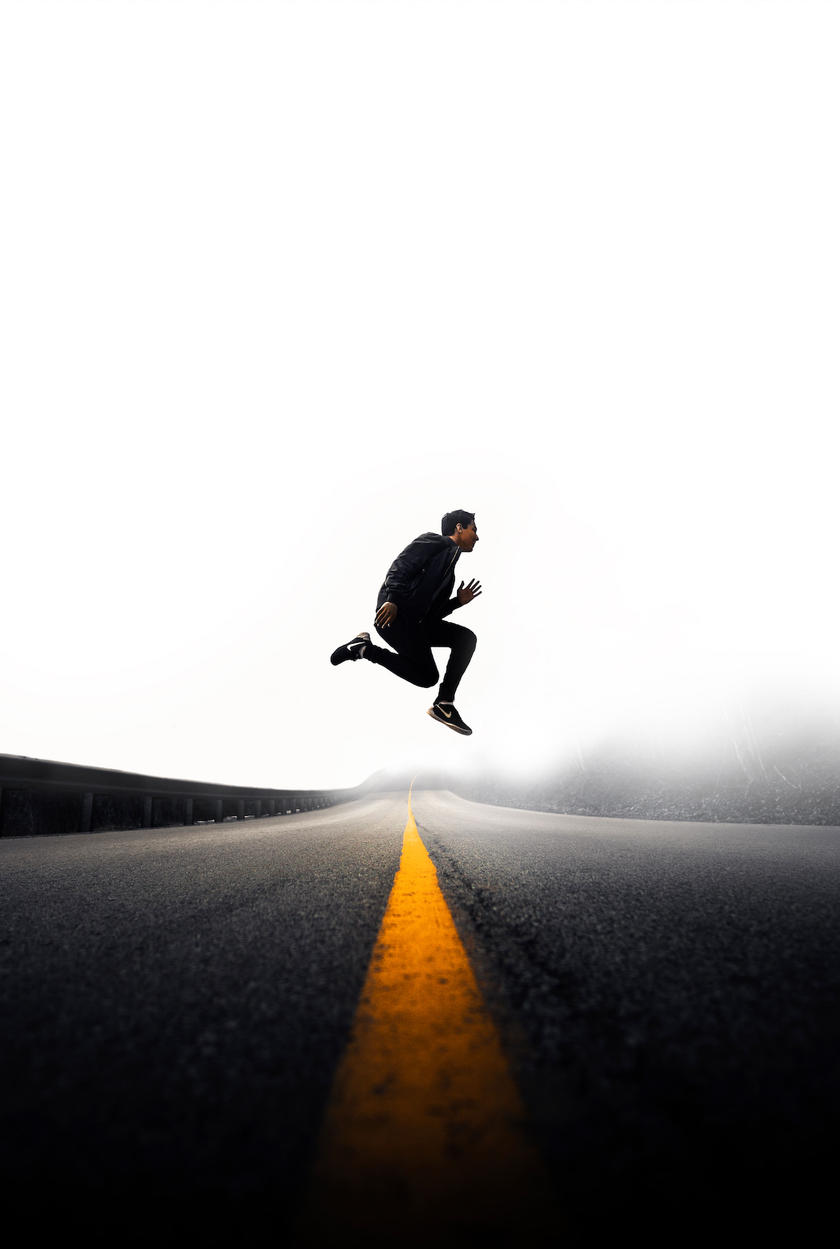 Place your primary subject on the left side of the frame and give it space to move or face to the right. This gives the viewer a visual cue to perceive the action of the moving. Also consider including elements that add to the sense of motion, such as windblown trees or streaks of light.
Place your primary subject on the left side of the frame and give it space to move or face to the right. This gives the viewer a visual cue to perceive the action of the moving. Also consider including elements that add to the sense of motion, such as windblown trees or streaks of light.
Point of View
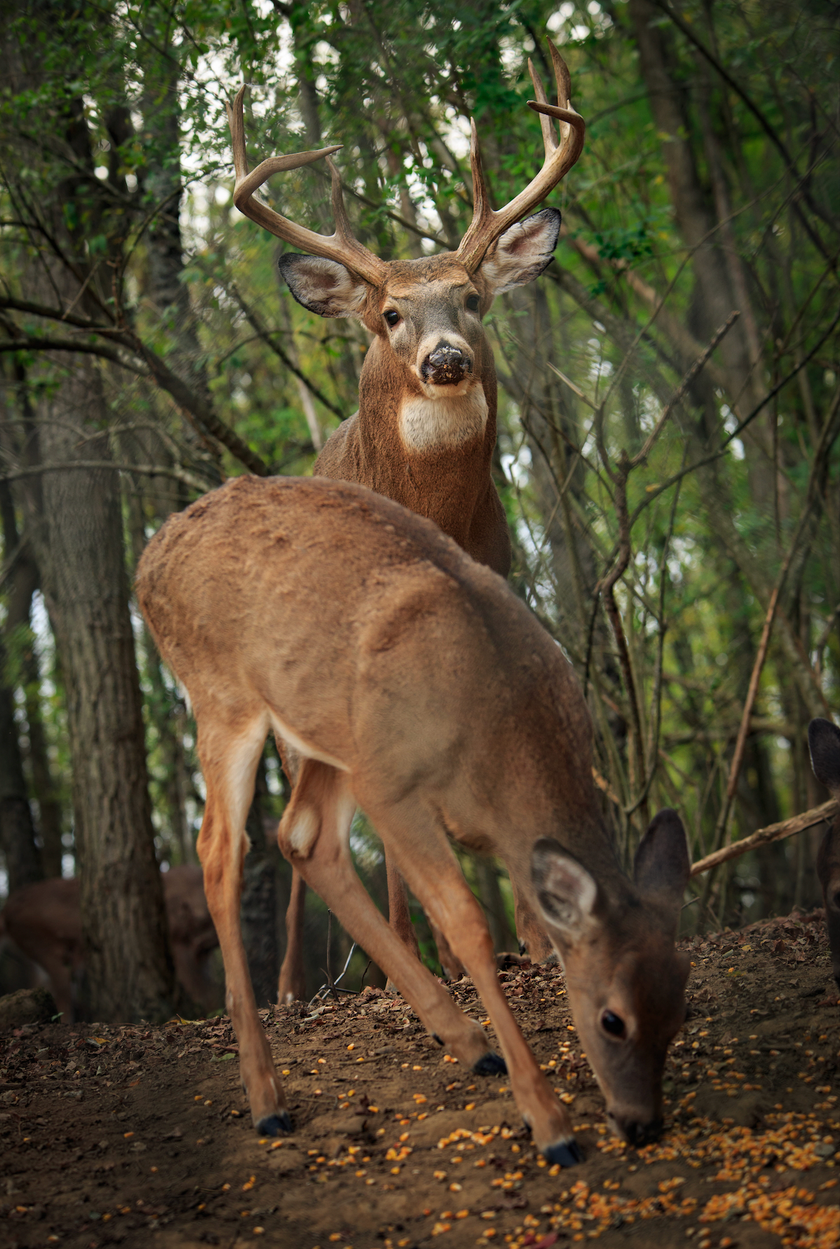 Experiment with different angles and perspectives to create unique compositions. Get low to the ground for a bug's-eye view or climb high for a bird's-eye experience. Changing your perspective can add interest and a fresh take on familiar subjects. Also, using a zoom lens can greatly enhance your photography by allowing you to adjust your point of view, effectively capture different perspectives, and add a sense of scale to your subjects.
Experiment with different angles and perspectives to create unique compositions. Get low to the ground for a bug's-eye view or climb high for a bird's-eye experience. Changing your perspective can add interest and a fresh take on familiar subjects. Also, using a zoom lens can greatly enhance your photography by allowing you to adjust your point of view, effectively capture different perspectives, and add a sense of scale to your subjects.
Learning Photography Composition: Exercises for Beginners
Improving your composition skills can greatly enhance the quality and impact of your photographs. But in reality, it is not that simple, as beginners often have difficulty removing distractions from the frame. And what about some practical tips to help you improve your composition techniques?
For example, you can crop photos to enhance your composition skills. If the picture feels cluttered, cropping can help simplify the image. Remove unnecessary objects or elements that don't contribute to the overall message or deflect from the main theme. And the best way to do this is with a photo editor Luminar Neo. It is perfect for beginners and advanced photographers alike. Luminar Neo offers a range of creative editing capabilities that allow users to enhance, retouch, and transform their photos with ease.
To further improve your composition techniques, Luminar Neo stands out as an invaluable tool. It caters to both beginners and advanced photographers, offering a suite of creative editing capabilities. To enhance your composition techniques, Luminar Neo's Composition AI tool is particularly noteworthy.
Composition AI intelligently analyzes your photos and suggests optimal cropping and framing, helping you achieve a balanced and impactful composition. It considers elements like the rule of thirds, leading lines, and symmetry to guide you in framing your shot perfectly. This tool not only simplifies the process of improving the composition but also educates users on compositional best practices.
Its intuitive interface and advanced functionalities make it an ideal choice for photographers aiming to elevate their composition skills.
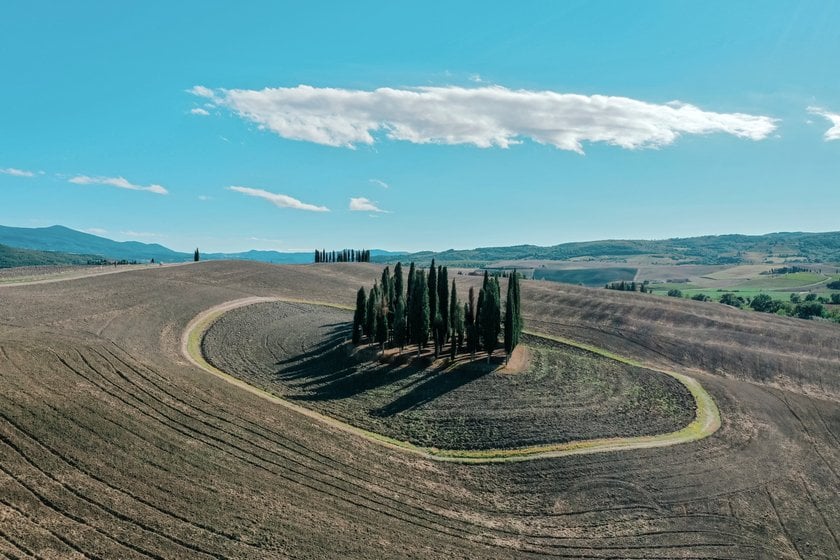 Also, challenge yourself to take more than ten photos of a single subject. Take advantage of the opportunity to explore unconventional angles and positions, revealing points of view that are unfamiliar to most. Through this photographic exercise, you'll have the chance to cultivate a heightened sense of perspective, expanding your creative vision.
Also, challenge yourself to take more than ten photos of a single subject. Take advantage of the opportunity to explore unconventional angles and positions, revealing points of view that are unfamiliar to most. Through this photographic exercise, you'll have the chance to cultivate a heightened sense of perspective, expanding your creative vision.
And one more thing. Just don't feel the need to fill every inch of the frame. Leaving negative space around your subject can highlight the main element and create a sense of simplicity and minimalism.
Plus, it takes a lot of practice! Photographic composition is subjective, and there are no hard and fast rules. Experiment with different techniques, rules, and styles to find what works best for you. Practice regularly and analyze your images to learn and improve.
To Sum It Up
Mastery of the art of photography goes beyond mere adherence to these rules. While concepts such as the rule of thirds can be applied mechanically or without purpose, it is crucial to understand that the elements of composition are not rigid algorithms or formulas. Instead, they serve as guiding principles that enhance, rather than replace, the photographer's decision-making skills.
Remember that the rules of composition are the foundation. Once you've learned the basics of what makes a good picture, you can break the law. Plus, you can't master composition without additional software. To discover new sides to your creative process and make learning even more fun, try an AI image editor Luminar Neo.
FAQ
What Is the Basic Composition Rule in Photography?
The rule of thirds is the most commonly used compositional guideline in photography. It involves dividing the frame into a screen of thirds both vertically and horizontally, resulting in a nine-part grid. This allows photographers to effectively position key elements within the image.
How to Learn Photography Composition?
Critically examine and evaluate your photographs. Just identify what works well and what could be improved. You can learn from your successes and mistakes and use this knowledge to refine your future compositions. Also, look at photographs taken by experienced photographers and analyze how they applied compositional principles.
What Makes Good Photo Composition?
A strong composition is achieved when each visual element serves a specific purpose and contributes to the narrative of the image. It requires finding a harmonious balance among the components present in the frame.






